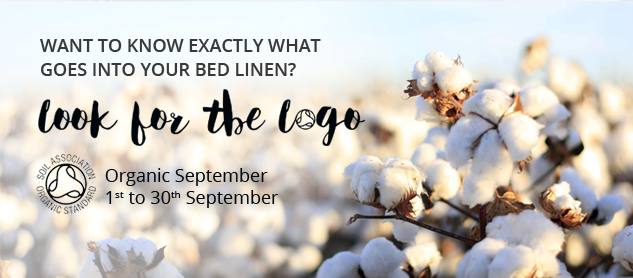
Like the food we grow, cotton is a crop. What makes cotton organic? What are the benefits of buying textiles made with organic cotton?
Five Good Organic Cotton Facts
Organic Cotton Benefits
Choosing to buy textiles made from organic cotton has benefits for you as a consumer and has a key positive influence on the sustainability of products and their social and environmental impacts.
Health & Well Being
The Environment
The People In The Organic Cotton Supply Chain
The Bad Cotton Stats
The cotton textile supply chain has been subject to well publicised and documented social and environmental issues.
Next Post to follow. #3 What is The Global Organic Textile Standard (GOTS)?












Sign-up to our mailing list to make sure you keep up to date with all things Fou.